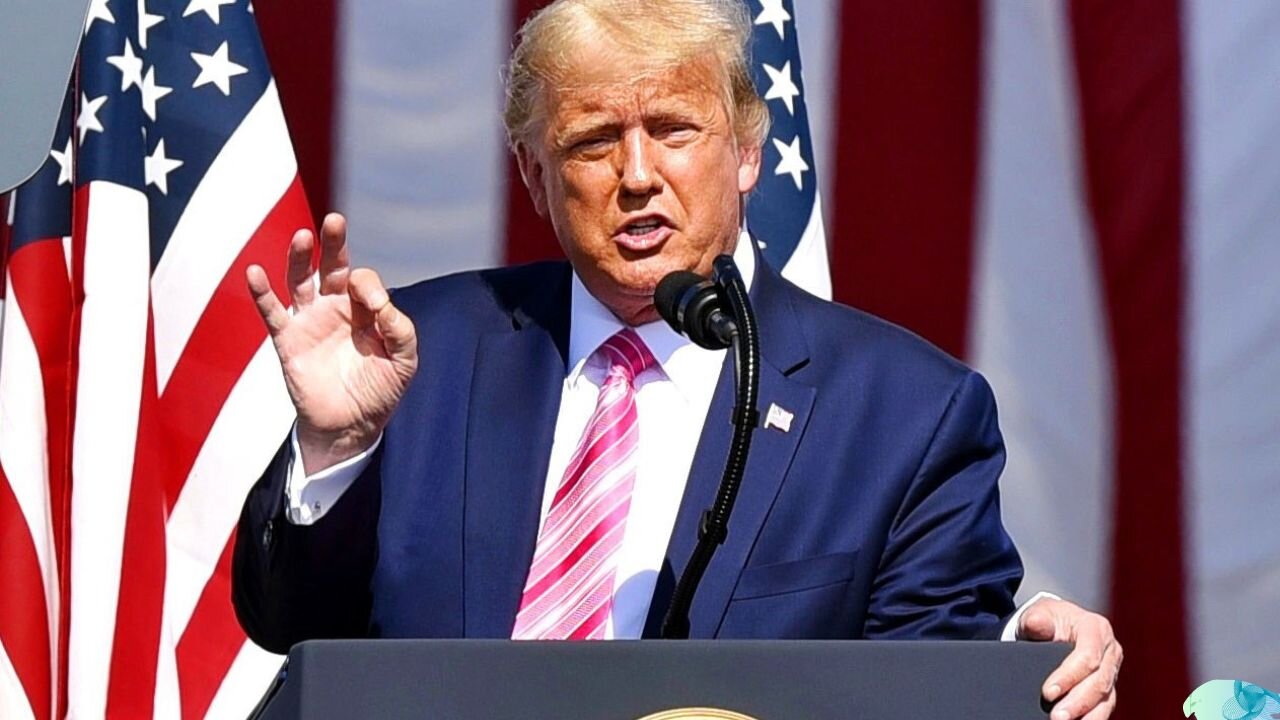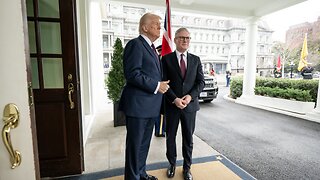Premium Only Content

Concerns Over Presidential Compromise: Exploring the Notion of a 'Manchurian Candidate
The notion of a 'Manchurian Candidate' refers to a scenario where a political leader, particularly a president or other high-ranking official, is perceived to be compromised or controlled by a foreign power or an external entity. This concept has its origins in a 1959 novel by Richard Condon, titled "The Manchurian Candidate," which was later adapted into two movies (in 1962 and 2004).
In this narrative, the compromised individual has often been subjected to brainwashing, mind control, or manipulation, making them unwittingly carry out actions that benefit the interests of the controlling entity. The term gained significant attention during the Cold War era, as fears of espionage, infiltration, and manipulation were rampant.
The concerns over a 'Manchurian Candidate' scenario in the context of a presidential compromise raise questions about the loyalty, decision-making, and actions of the leader. It involves speculation and debate about whether a president is making choices independently or if their decisions are being influenced or dictated by external forces, potentially putting national security and sovereignty at risk.
While instances of actual 'Manchurian Candidates' are rare and often relegated to the realm of conspiracy theories, the concept underscores the importance of transparency, accountability, and a vigilant approach to safeguarding the interests of a nation. It also highlights the role of media, public discourse, and checks and balances in evaluating and scrutinizing the actions of political leaders.
In modern times, concerns over a 'Manchurian Candidate' compromise might involve discussions about cyberattacks, information warfare, economic dependencies, and other forms of influence that could potentially shape the decisions of political leaders. It's important to approach such concerns with a critical and evidence-based perspective while acknowledging the historical and fictional origins of the concept.
'Manchurian Candidate' concerns arise when a political leader appears controlled by a foreign power. Originating from a 1959 novel, the term refers to manipulation via brainwashing or external influence. It raises doubts about a leader's autonomy and loyalty, triggering debates about national security and transparency. Though rare, it highlights the need for accountability and vigilant checks on leaders. Modern concerns encompass cyberattacks, information warfare, and economic dependencies shaping decisions. Balancing skepticism with evidence-based analysis is crucial, considering the term's historical and fictional roots.
-
 28:57
28:57
InfoNexus
1 month ago"Alien Implants Vol. 1: The Devil’s Den UFO Encounter and Terry Lovelace’s Shocking Discovery"
59 -
 56:15
56:15
Candace Show Podcast
7 hours agoBREAKING: My FIRST Prison Phone Call With Harvey Weinstein | Candace Ep 153
135K98 -
 DVR
DVR
Flyover Conservatives
6 hours agoROBIN D. BULLOCK | Prophetic Warning: 2030 Is Up for Grabs – If We Don’t Act Now, Disaster Awaits! | FOC SHOW
20.3K8 -
 2:13:11
2:13:11
megimu32
4 hours agoON THE SUBJECT: The Epstein List & Disney Channel Original Movies Nostalgia!!
19.9K4 -
 9:06
9:06
Colion Noir
13 hours agoKid With Gun Shoots & Kills 2 Armed Robbers During Home Invasion
38.8K8 -
 54:28
54:28
LFA TV
1 day agoUnjust Man | TRUMPET DAILY 2.27.25 7PM
45.1K5 -
 1:36:39
1:36:39
Redacted News
7 hours agoBOMBSHELL EPSTEIN SH*T SHOW JUST DROPPED ON WASHINGTON, WHAT IS THIS? | Redacted w Clayton Morris
166K288 -
 2:03:31
2:03:31
Revenge of the Cis
9 hours agoEpisode 1453: Fat & Fit
60K9 -
 2:38:12
2:38:12
The White House
10 hours agoPresident Trump Holds a Press Conference with Prime Minister Keir Starmer of the United Kingdom
191K61 -
 1:01:04
1:01:04
In The Litter Box w/ Jewels & Catturd
1 day agoDrain the Swamp! | In the Litter Box w/ Jewels & Catturd – Ep. 751 – 2/27/2025
100K39